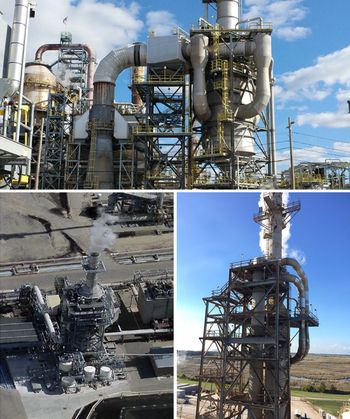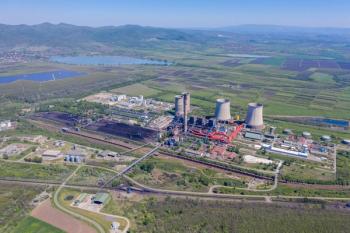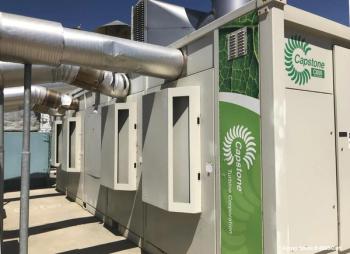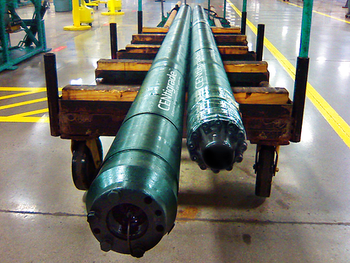
DOE Awards $38.8M to Heartland, Mid-Atlantic Hydrogen Hubs
These awards kick off Phase 1 activities and the hubs’ use of energy resources, existing infrastructure, electrolyzers, and more to reduce carbon emissions across heavy industries.
The Department of Energy’s (DOE) Office of Clean Energy Demonstrations (OCED) awarded the final two clean hydrogen hubs: the Heartland Hydrogen Hub and Mid-Atlantic Hydrogen Hub (MACH2). Both will begin Phase 1 activities, with Heartland receiving $20 million and MACH2 receiving $18.8 million of the $925 million and $750 million federal cost shares, respectively.
Heartland Hydrogen Hub
The Heartland Hydrogen Hub contains planned sites across Minnesota, Montana, North Dakota, South Dakota, and Wisconsin—a region recognized for agriculture, mineral mining, and energy production. Led by the University of North Dakota’s Energy & Environmental Research Center, the Hub will use new and pre-existing energy resources and infrastructure to produce commercial-scale quantities of clean hydrogen for low-carbon nitrogen fertilizer.
Phase 1 activities include initial planning, design, and community and labor engagement. The region’s low-carbon, commercial-scale hydrogen supply will, lowering costs for farmers and reducing CO2 emissions by 525,000 metric tons per year—equivalent to eliminating the emissions of over 120,000 gasoline-powered cars per year.
MACH2
MACH2’s clean hydrogen will be used in industrial applications, such as power generation, replacement fuel for process heaters, and heavy-duty transportation. This includes multiple refueling stations to serve sanitation trash trucks, street sweepers, cargo handling equipment, and fuel cell-equipped electric buses. Phase 1 will also conduct initial planning, design, and community and labor engagement activities.
This Hub will develop and establish hydrogen production facilities equipped with established and upcoming electrolyzer technologies, which may minimize costs and accelerate further electrolyzer adoption. MACH2, located in New Jersey, Pennsylvania, and Delaware, is expected to reduce CO2 emissions by approximately 1 million metric tons per year.
Hydrogen Hub News
In December 2024, Mitsubishi Heavy Industries Hydrogen Infrastructure (MHI H2I) signed an agreement with the
MHI H2I’s Node 6, in collaboration with Portland General Electric and Williams, will use hydrogen for dispatchable electricity generation. It will also deliver hydrogen to Node 3 for liquefaction and supply into the heavy-duty transportation sector. This node will produce hydrogen via electrolysis and peak power generation with 100% hydrogen-capable turbines. Node 6 infrastructure includes:
- Hydrogen pipeline to provide long-duration energy storage for the power plant
- Hydrogen delivery pipeline to Node 3, located approximately 20 miles from the production site
And, in August 2024,
ARCH2’s regional benefits include:
- Clean hydrogen production to decarbonize sectors such as manufacturing and transportation
- Thousands of new jobs and training for local energy workers
- 40% of overall program benefits are allocated to communities impacted by underinvestment and pollution
Newsletter
Power your knowledge with the latest in turbine technology, engineering advances, and energy solutions—subscribe to Turbomachinery International today.




